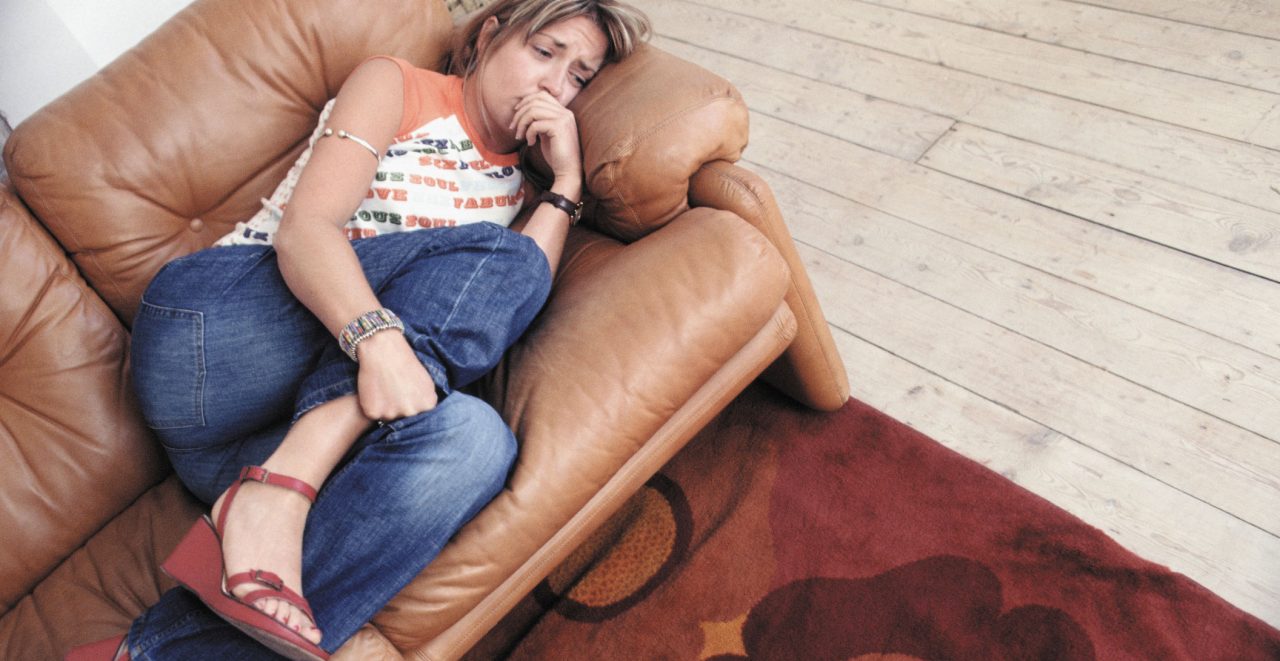Caring for the Mentally Ill

Psychiatric conditions like schizophrenia are far less rare than you’d expect.
You’re in good company — many people have taken on care for someone with a mental illness. Sadly, in any year, only about 40 percent of the mentally ill receive professional treatment in the United States, while millions of Americans live with a serious condition. So partners, siblings, parents, and friends step in.
You may have noticed the symptoms slowly. Even people who suffer psychotic episodes will often perceive the world normally and show no signs of illness visible to outsiders. Often sufferers keep their troubles secret — to protect their reputation or for fear of rejection from those they love. As a caregiver, you may be keeping that secret too to avoid conflict. You don’t want your loved one to clam up and resist help. Find someone to trust and help you. Without a confidante you can easily become overwhelmed.
YOU MIGHT ALSO LIKE: Our Inside Schizophrenia blogger, Michael Hedrick
Once the family has been told, let other family members know that they can help and dispel any myths. Your loved one isn’t doomed to live in a mental hospital, or on the street. Your relatives may become afraid of irrational violence. Let them know that the mentally ill aren’t especially violent; more often they will appear frightened, confused, or in despair.
As a parent, don’t take all the blame or assign it to the child’s other parent, attributing the illness to bad parenting or bad genes. Mental illness usually arises from a complex mixture of genes, history, and current conditions that no one can pin down exactly. Schizophrenia, for example, occurs among roughly 10 percent of people who have a first-degree relative with the disorder, such as a parent or sibling. Someone with an identical twin with schizophrenia has a 50 percent chance of developing the problem. Exposure to viruses or malnutrition in the womb and smoking marijuana in adolescence increases the risk.
Diagnosing schizophrenia in teens can be tough because the first signs are common — bad grades, sleep problems, and irritability. They might seem depressed — speaking in a flat voice and becoming lethargic. Hallucinations, delusions, and confused thinking warrant immediate medical attention. Be proactive: People who receive good care during their first psychotic episode go on to have fewer hospital stays.
Often people with schizophrenia don’t realize they’re ill and may talk about their symptoms in confusing ways. Do your best to protect your loved one from feelings of shame by weeding out any stigma in your own mind. The basic communication rules are the same as you’d follow with anyone with whom you wanted a trusting relationship: be clear, direct, share the important feelings, and focus on the big picture.
The National Alliance on Mental Illness recommends that people with mental illness work with caregivers to create a Wellness Recovery Action Plan that lists daily actions to promote wellness and steps to take in an emergency. Make a list of phone numbers for doctors, psychiatrists and therapists, helpful friends and family, and a local crisis line; addresses for a walk-in crisis center; diagnoses, medications, history of psychosis or suicide attempts or drug use, triggers, and things that have helped in the past. Make copies and keep the list in several places: in a drawer in your kitchen, your glove compartment, on your smartphone, your bedside table, or in your wallet. Adults with an illness that causes psychosis should prepare a psychiatric advance directive while they are competent, authorizing a caregiver to make decisions on their behalf while stating their preferences. A court may appoint you as a conservator if your loved one attempts suicide repeatedly and refuses treatment for an underlying illness.
In a crisis, you can call 911 and speak to a dispatcher, explaining that your loved one is having a psychiatric episode. Trained officers can talk down a person who is upset and convince him to go voluntarily to a hospital or, in some states, take him involuntarily. The police will also do a “welfare check” if you can’t reach your loved one and want to know that he is safe.
YOU MIGHT ALSO LIKE: Schizophrenia Is Actually Eight Different Disorders
Resources
- Mental Health America offers online screening tools and advocacy.
- National Alliance on Mental Illness has an information helpline (1-800-950-NAMI (6264)) and structured in-person support groups for family members.
- National Mental Health Information Center is a government-maintained database of mental health services including suicide prevention and substance abuse programs.
Updated:
April 01, 2020
Reviewed By:
Janet O’Dell, RN